Reference Architecture: An Integration and Interoperability-Driven Framework
Abstract
As the complexity of systems and systems-of-systems (SoS) has grown, so have the challenges for organizations to create, share, and utilize them effectively. To better address these challenges, it is necessary to create and apply ideas, principles, procedures, and modeling tools to support decision-making in an architectural framework. The use of architecture-based processes is now a common practice in commercial, government, civil, and military domains. The concept of a reference architecture used in this document goes beyond the traditional use where the architecture entity is a system. This allows for a more generalized usage of architecture when the processes in this document are applied. These entities are becoming more complex and architecture practices are increasingly adopted to manage the complexity. Within enterprises and the engineering disciplines, that is an increasing awareness of the value added by architecture, both as a practice and in the realization of artifacts that guide engineering and management activities. The purpose of this document is to provide an understanding of the standard of performance for the governance, management, conceptualization, evaluation and elaboration of architectures, and activities that enable these processes. This document can be used as a process reference model in establishing architecture practice and be applied across a range of contexts and situations.
Leads
Joel S. Patton
Virginia Tech Applied Research Corporation
James D. Moreland
Virginia Tech University
Publications
DoD Reference Architecture Description ( 2010 ). Office of the Assistant Secretary of Defense, Networks and Information Integration (OASD/NII) , Reference Architecture Description, Prepared by the Office of the DoD CIO.
Reference Architectures; Why, What and How ( 2007 ). White Paper Resulting from Architecture Forum Meeting March 12 & 13, 2007 . Edited by: Dr. Gerrit Muller , Embedded Systems Institute and Mr. Eirik Hole , Stevens Institute of Technology.

